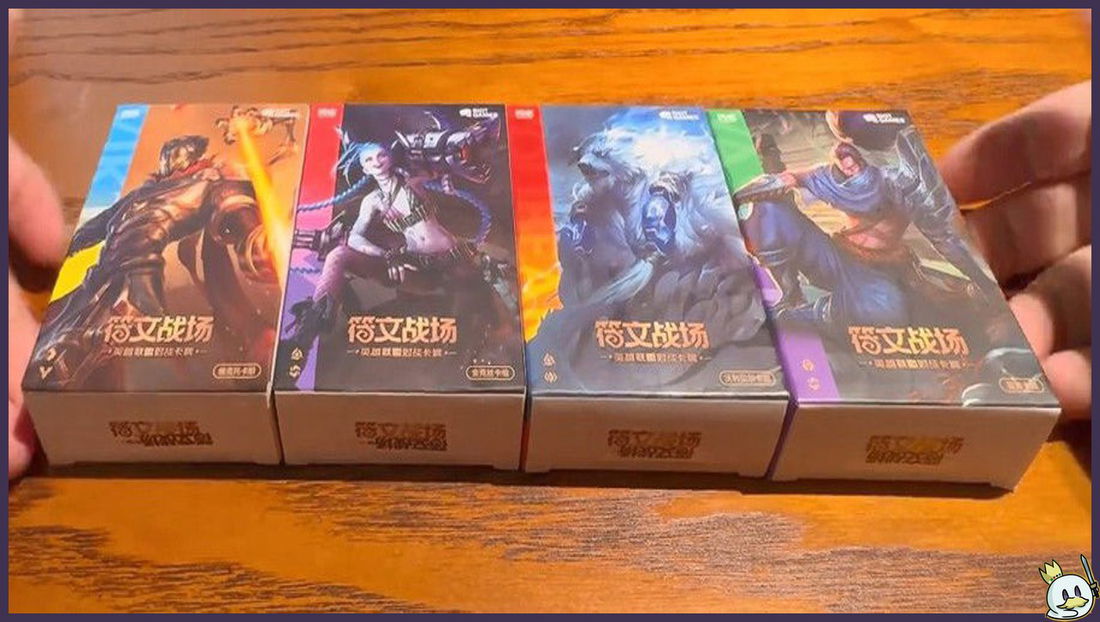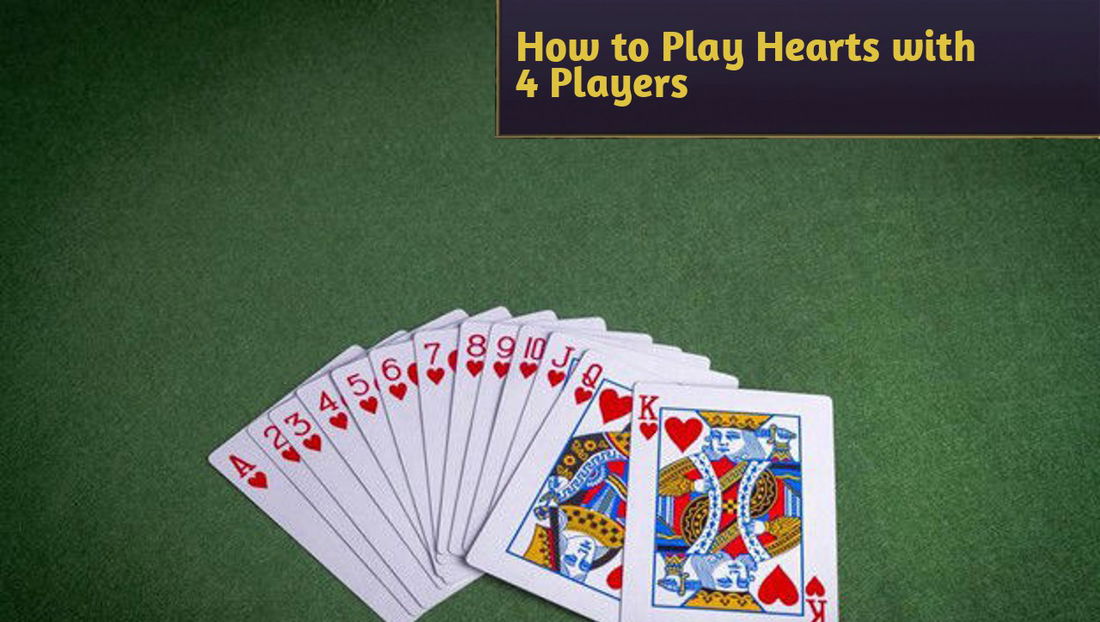But under the surface, they have a lot in common. Both rely on pattern recognition, patience and planning.
Someone who has played a lot of solitaire picks up skills that are just as useful in deck-building games. Knowing when to make a move and when to hold back. Seeing the best play before it happens. Thinking ahead instead of reacting to whatever is in front of them. These habits make a difference, whether stacking cards in solitaire or fine-tuning a deck for Magic: The Gathering, Dominion, or Slay the Spire.
Pattern Recognition: Spotting the Best Play Before It’s Obvious
Solitaire players learn to recognize patterns. The longer they play, the easier it gets to spot which moves will help in the long run and which ones just seem helpful in the moment.
• In Solitaire, moving a card might seem like the right play but an experienced player knows to wait. Playing too quickly can block important cards or make it impossible to win later. Recognizing these patterns helps players avoid bad moves before they make them.
• In deck-building games the same thinking applies. Some cards work well together, while others slow a deck down. A new player might grab strong-looking cards without thinking about how they fit together. Someone with more experience recognizes which cards will create the right flow, leading to smoother and more reliable turns.
Success in either game comes from spotting patterns early. Some plays lead to stronger positions over time, while others cause problems later. A good player sees the difference before making a move.
Patience: Knowing When to Play and When to Wait
Ad
A new solitaire player will move every card they can as soon as they see it. They clear stacks quickly, thinking that every move brings them closer to winning. But experienced players know that patience is the real key to success.
• In solitaire, holding back can be just as important as playing a card. Moving a King into an open space too early might block a better option. Playing a card from the tableau before checking the stockpile can cause problems later. Patience leads to better decisions.
• In deck-building games, patience works the same way. A strong card might be available, but adding it too soon can weaken a deck. Buying too many expensive cards can clog up future hands. A player who waits for the right time to make changes ends up with a stronger deck in the long run.
Both games reward players who don’t rush. The best moves aren’t always the most obvious ones. Waiting for the right moment makes all the difference.
Planning: Setting Up for Success
Solitaire is often seen as a game of luck. A player deals the cards and hopes for the best. But anyone who plays often enough knows that decisions matter just as much as the shuffle. The same is true for deck-building games.
• In solitaire, planning ahead helps keep options open. A player who clears columns carefully will have more room to maneuver later. Someone who moves cards without thinking ahead might get stuck with no way forward.
• In deck-building games, planning means choosing cards that work well together. A deck with a clear strategy runs smoothly, while a deck full of random strong cards can struggle. The best players think ahead, making choices that set them up for future success.
Ad
Winning doesn’t just happen. A good strategy builds toward success with every move.
Solitaire and deck-building games look different on the surface, but they reward the same kind of thinking. Players who practice recognizing patterns, waiting for the right moment and planning ahead will do better in both. Someone who has played a lot of solitaire will have an easier time spotting good plays in a deck-building game. A deck-builder who learns patience and long-term thinking from solitaire will make better decisions.
These games test different skills, but the best habits carry over. The more someone plays, the sharper their instincts get. And whether stacking cards or building a deck, the right instincts lead to better results.






— Comments0
Be the first to comment